Do you know what sepsis is and would you recognise its symptoms? Are you aware that sepsis is a health emergency and that it can happen to anyone, even if they are young, fit and healthy? Up to 50,000 Kiwis contract sepsis every year!
Ask The Question – “Could This Be Sepsis?”
In its early stages sepsis is very difficult to detect. Someone with sepsis may have an infection that is not improving or be sick without realising. It is very important for parents, caregivers and health professionals to be aware of the potential for an infection to progress to sepsis and ask the question, “Could this be sepsis?”. It can take as little as 12 hours from the earliest signs of infection to organ failure and death. Early prevention, early detection and prompt treatment all lead to better outcomes. For every hour of delayed treatment, the chance of dying from sepsis increases by 8%.
How Does Sepsis Happen?
Also known as blood poisoning, septicaemia, or mate whakatãoke, it happens when an infection that is already underway somewhere else in the body gets out of control, triggering reactions right throughout the rest of the body. The body’s immune system responds abnormally to the existing infection, and starts to attack organs and tissues. It causes a drop in blood pressure which means the circulating blood can’t provide enough oxygen and nutrients to the rest of the body. Severe sepsis is called septic shock – this is when a dramatic drop in blood pressure occurs and organs such as the lungs, heart, brain and kidneys are damaged. If multiple organs fail, this can result in death.






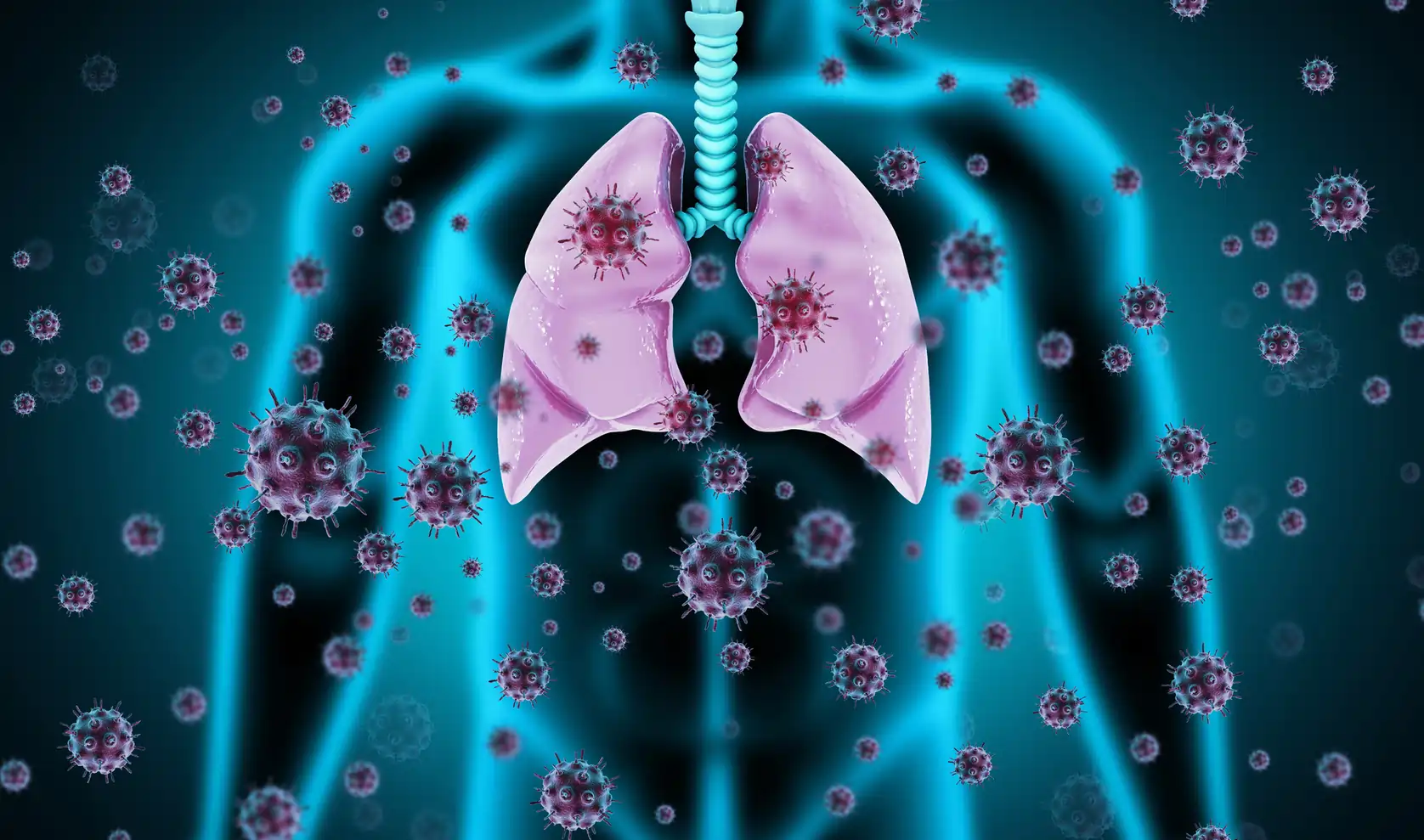


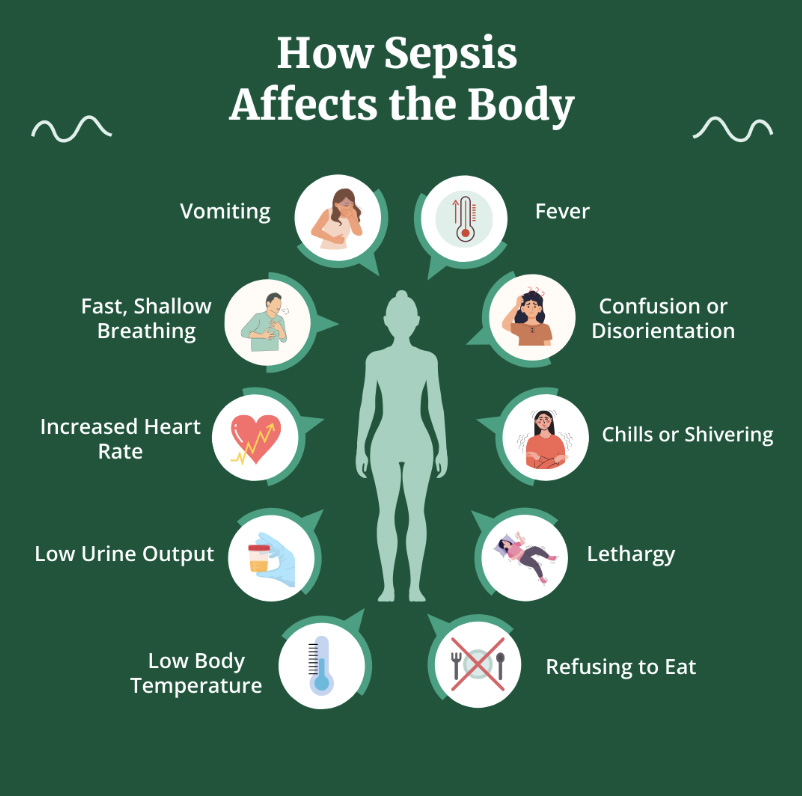

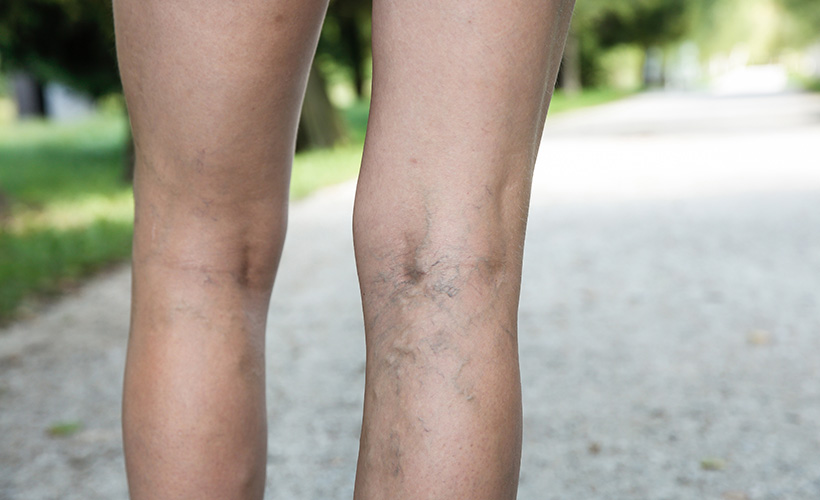

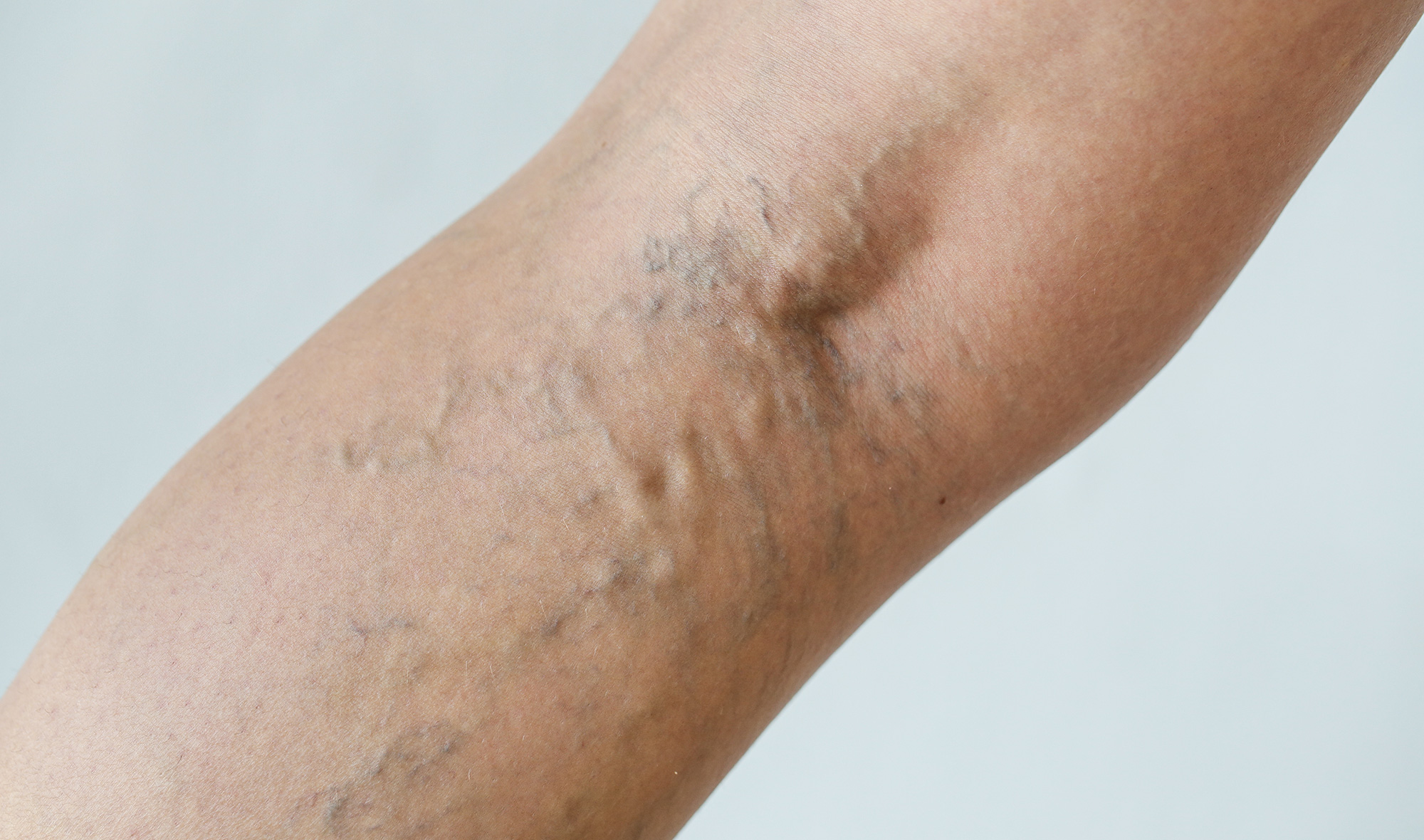


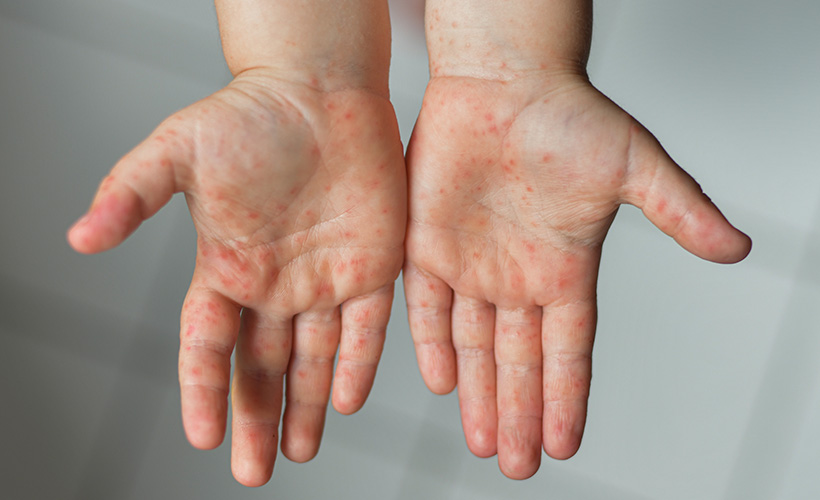



Community
Cathy Ellegard
Thank you Sue for sharing your experience with Sepsis.
[email protected]
Thank you for the article on Sepsis. As a Sepsis survivor I appreciate that you acknowledge Post Sepsis Syndrome. I had sepsis and went into Sepsis Shock October 2023. I am still suffering with PSS. Don’t get any info when leaving hospital